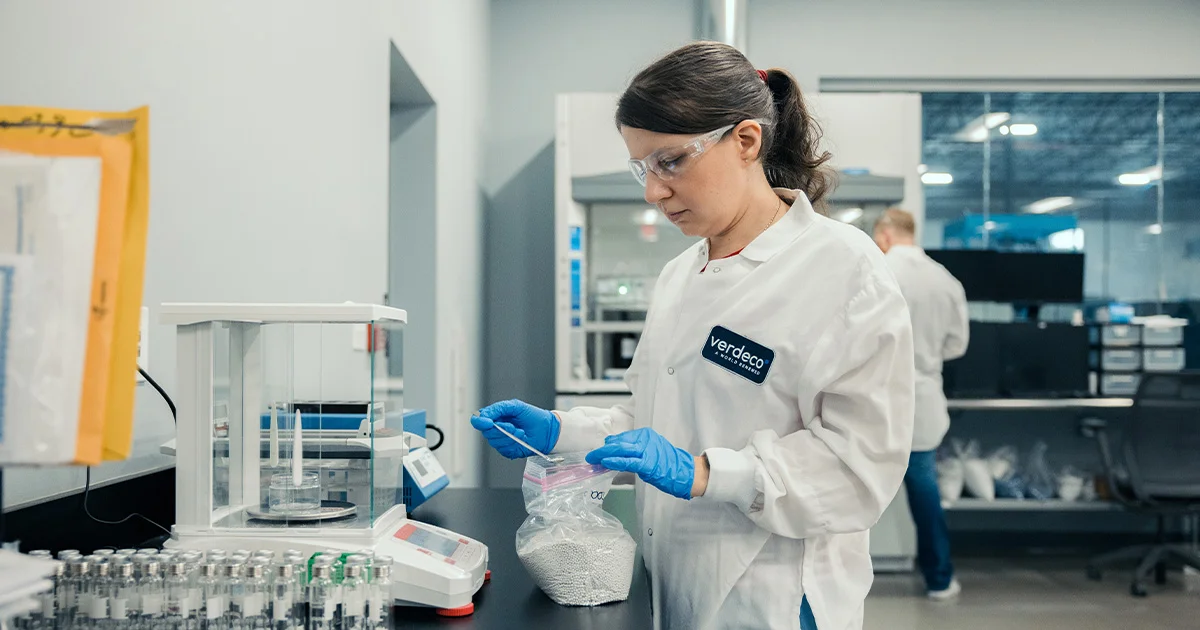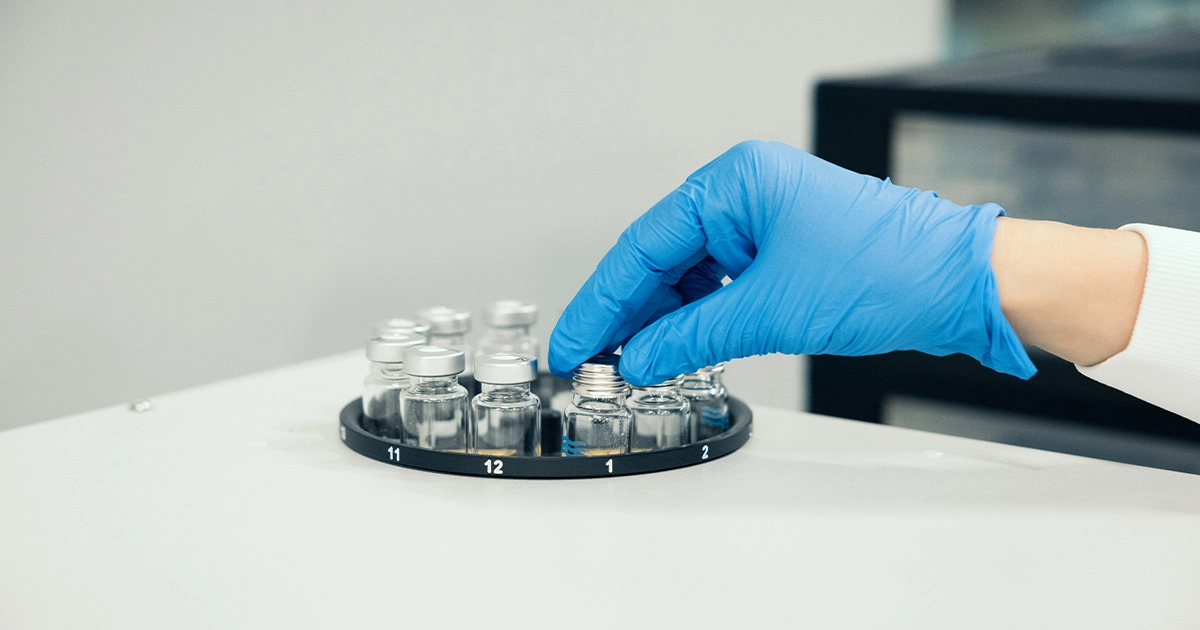Most people who recycle regularly are familiar with the idea of separating recyclables from trash. You know the drill: plastic bottles, cardboard, and paper typically get set aside from the rest of the garbage to be repurposed and reused. It’s good for the environment, and recyclers get the satisfaction of doing their part to better the planet. It’s a win-win.
But did you know recycling isn’t just limited to the items listed above? There are specialized programs that recycle items you may have never considered before. Let’s talk about them. This blog reviews the impacts and basic rules of recycling and summarizes those recycling programs that go beyond everyday recycling habits.
The Impacts of Recycling
In theory, most people understand that recycling is a good idea. However, to really grasp the long-term benefits of recycling, it helps to know a little more about what consistent recycling accomplishes.
Recycling Saves Energy and Resources
Recycling conserves energy by lessening the need for raw materials from the earth. It takes significant amounts of energy to extract natural resources, so when companies use recycled materials to create their products, the need for extraction is diminished, and overall energy usage is reduced.
Recycling Keeps Material Out of Landfills
The more materials people recycle, the fewer discarded items will end up in a landfill. This one may seem simple, but it’s still a crucial impact to keep in mind — especially when you consider that municipal solid waste production is projected to increase 70% by 2050 (per Statista). With that figure in mind, it’s clear that even the smallest waste reduction efforts can make a major difference.
Recycling Reduces Pollution
Remember when we talked about the energy needed to extract natural resources? A lot of the machinery used to pull these materials from the earth emits greenhouse gases into the atmosphere. When we use more recycled materials, we can help cut down on this pollution and keep impurities out of the air we breathe.
Basic Rules of Recycling
Before we talk about specialized recycling programs, a recycling basics refresher may be helpful. When items are not recycled properly, they cannot be remade into recycled materials and may end up in landfills anyway. To prevent that from happening, let’s go over a few pointers to help you maximize your recycling efforts:
- Remove all food and liquids from recycling items.
- Separate recyclables by type (glass with glass, like plastics together, cardboard with cardboard, etc.).
- Don’t bag recyclable items or recycle loose plastic bags.
- Check with your local recycling center to see what can and cannot be recycled.
Now that the basics are fresh in your mind, let’s look at some unique recycling opportunities that can enhance your impact.
5 Creative Recycling Programs You Need To Know
Recycling isn’t just limited to PET bottles and cardboard boxes. Let’s review some unique recycling programs that are finding new ways to recycle everything from old shoes to Lego sets.
1.) Soles4Souls
If you’ve got a pair of shoes you just don’t need anymore, check out Soles4Souls. They are a nonprofit initiative that accepts new, like-new, and gently used shoes to provide essential footwear to those who need them. Instead of throwing away that pair of shoes buried deep in your closet, consider donating them to Soles4Souls by dropping them off at a designated location or shipping them for free to one of their facilities.
2.) Patagonia
Got some Patagonia gear on your hands that you don’t use anymore? Patagonia will take it off your hands. If your old Patagonia stuff is beyond the point of donating, the outdoor apparel company will gladly recycle your products. All you need to do is make sure the items are clean and dry, then ship them to the company or take them to a nearby Patagonia retail store. When you do, all the donations will be repurposed to ensure they don’t end up in a landfill or incinerator.
3.) Lego Replay
Tired of stepping on discarded Legos? Don’t toss them in the trash! If your child (or you) has an old set of Legos that isn’t getting the play time it once was, you can donate them to Lego Replay. This program donates previously loved Lego sets and blocks to children in need. To participate, you can print a free label on their website, package the pieces, and ship them off.
4.) TerraCycle
TerraCycle is an innovative organization that works to recycle many items you wouldn’t expect to be recyclable. They partner with companies to salvage items that aren’t usually accepted at local recycling centers, including pharmaceutical packaging, toothbrushes, food packaging, and small electronics, to name just a few. To participate, you can simply drop off or ship your items to TerraCycle. You can also sign up with TerraCycle and earn points for the things you recycle with them. These points add up over time and can be converted into charitable donations.
5.) Staples
What do you do with that old coffee maker that has brewed its last cup? Or what about those old MP3 players taking up space in your junk drawer? Don’t throw them out — recycle them at Staples. Staples offers free recycling for electronics, including some that you may not even consider, such as coffee machines, vacuums, speakers, or music players.
Verdeco’s Impact
At Verdeco, we show our commitment to a zero-waste economy by creating high-quality rPET with the same properties, clarity, and effectiveness as virgin PET. We believe in making a positive impact on the planet through recycling, and we can’t do what we do without a reliable supply of recyclables to transform into rPET. That’s why we encourage you to recycle what you can, especially plastics, whenever possible. It contributes to a better, more sustainable world, and it truly does make a difference.
To learn more about Verdeco and how we’re changing the world, visit verdecorecycling.com.



